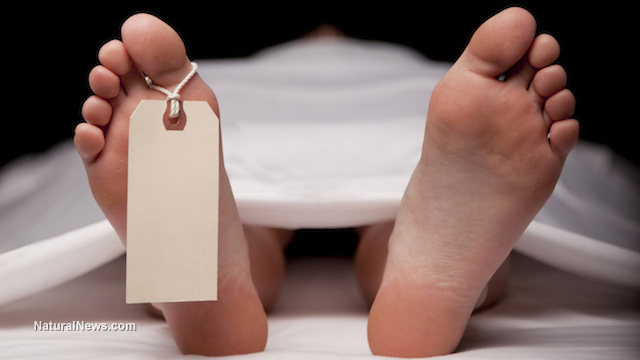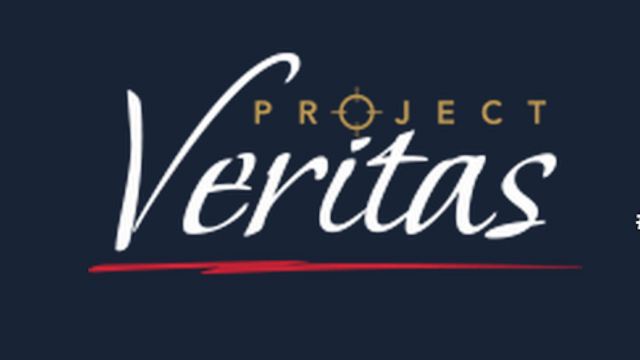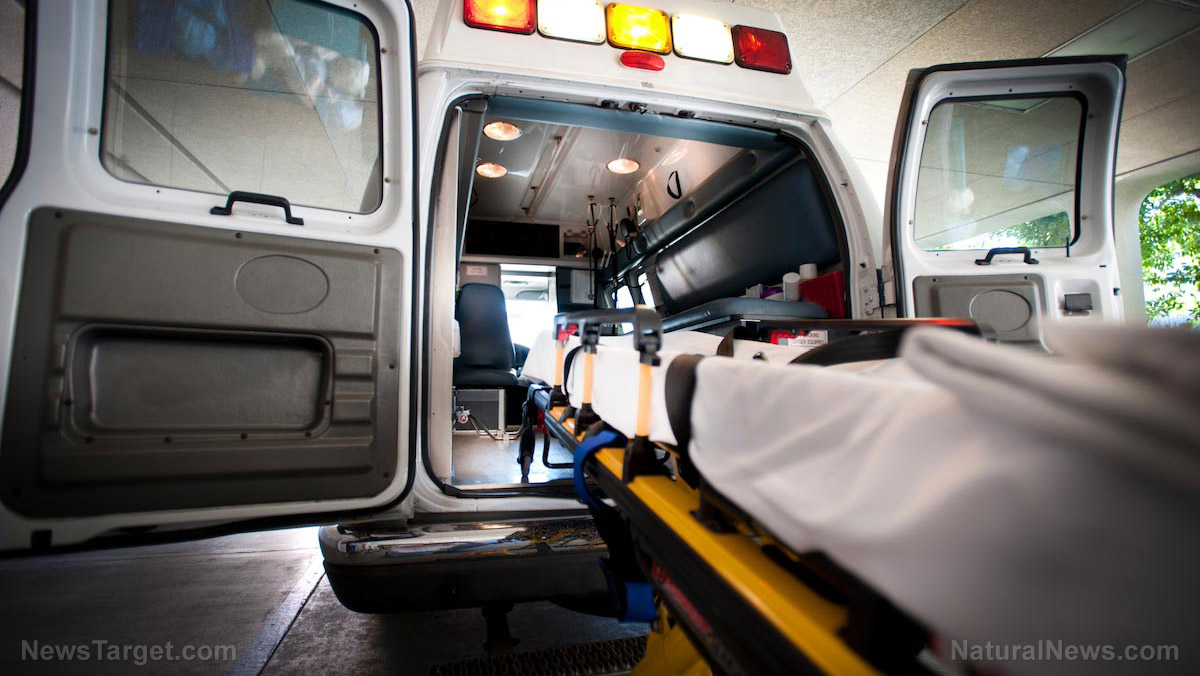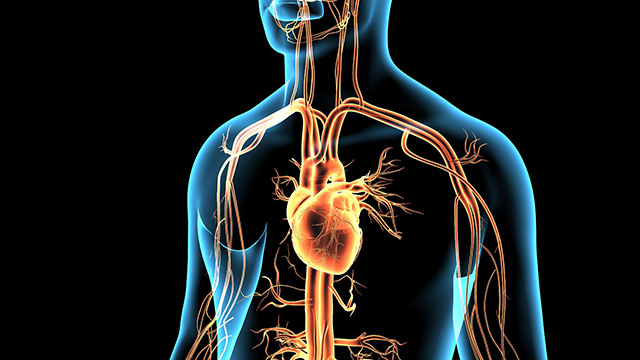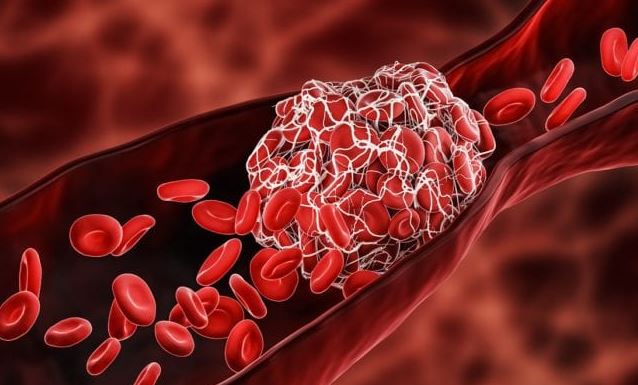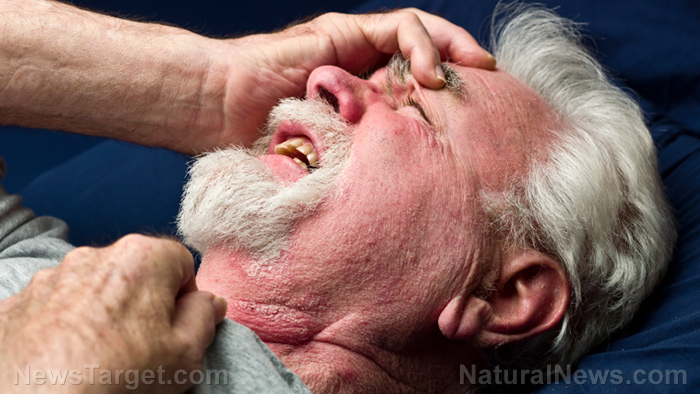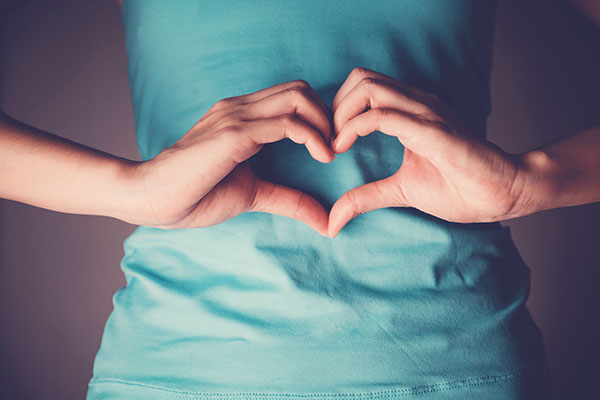Is there a best time during day to exercise? Science settles the debate
12/22/2022 / By Olivia Cook
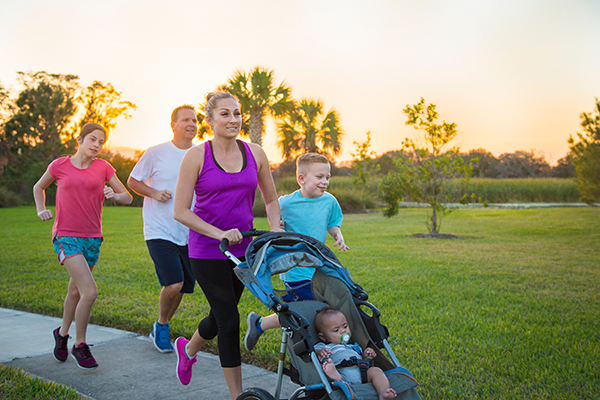
Doing physical activity daily helps keep the body healthy, but does the time of day when exercise is done matter? According to one study, it does – especially when it comes to heart health.
A Nov. 14 study published in the European Journal of Preventive Cardiology elaborated on this. The study authors evaluated the data of almost 87,000 men and women in the U.K. Biobank, including physical activity and heart health, for a six-year period. All participants in the study were between the ages of 42 and 78, with women comprising more than half.
All the participants, who were healthy at the start of the observation period, wore activity trackers to determine the times of day they did physical activity. The researchers sought to determine whether the time of day people exercise played a role in heart health.
Of the study participants, over 3,000 of them developed cardiovascular health issues. Those who exercised in the late morning, primarily between 8 a.m. and 11 a.m., appeared to have a lower risk of heart disease and stroke. Participants who did physical activity during that window period experienced up to 24 percent lower risk of heart disease and 35 percent less risk of stroke.
The findings of the Nov. 14 study suggested that physical activity at certain times of day is linked to greater heart-protective benefits. It also noted that the increased benefits of morning exercise against cardiovascular diseases were only observed in women. No such difference was seen among men who participated in the study.
Benefits of morning exercise
Meanwhile, other studies showed the benefits of morning exercise.
A February 2019 study in the Journal of Physiology suggested that a morning exercise habit can shift the circadian rhythm, making the body naturally more alert in the morning and tired in the evening. Exercising early in the day has a beneficial effect on energy levels, alertness, focus and decision-making, which translates to a more productive workday. (Related: Animal study finds that morning exercise improves metabolic response, while night exercise increases energy expenditure.)
A randomized controlled trial, the results of which were published May 2015 in the Journal of Strength and Conditioning Research, zoomed in on the effects of morning exercise on deep sleep. It found that physical activity early in the day appeared to boost deep sleep compared to when exercise is done in the evening. Moreover, sleep also helps facilitate muscle growth.
A September 2016 study in the British Journal of Nutrition, meanwhile, looked at morning exercise on an empty stomach and doing exercise later in the day when the stomach contains food. It found that physical activity in the “fasted state” (i.e. an empty stomach) burns more fat than exercising in the “fed state” (i.e. after a meal).
It explained that this phenomenon occurs as the body is forced to utilize already-existing fat stored in the body for energy while in the fasted state, compared to exercising in the fed state where recently-consumed food is used to fuel the body.
While doing exercise in the morning may have more health benefits, doing it consistently is more important. Those who exercise everyday see better weight loss and fitness results in the long term. Combining physical activity with a healthy diet and lifestyle will help keep the body at the peak of health.
Watch the following video to learn if exercise feeds cancer.
This video is from the Conners Clinic channel at Brighteon.com.
More related stories:
Potassium-sodium ratio is crucial for heart health.
Maintaining heart health may be the key to diabetes prevention.
Support heart health inexpensively.
Start your morning with a great workout – your brain will thank you for it.
Sources include:
Physoc.OnlineLibrary.Wiley.com
Submit a correction >>
Tagged Under:
alternative medicine, cardiovascular disease, circadian rhythm, energy levels, exercise, fitness, health science, men's health, morning exercise, natural health, natural medicine, physical activity, prevention, sleeping pattern, stroke, women's health
This article may contain statements that reflect the opinion of the author
RECENT NEWS & ARTICLES
COPYRIGHT © 2017 HEART NEWS

